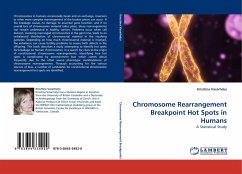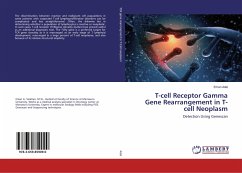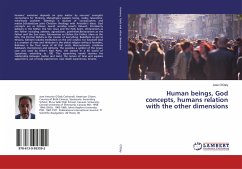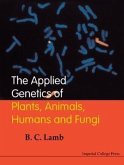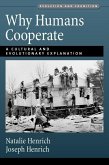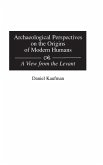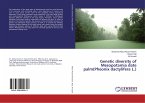Chromosomes in humans occasionally break and an exchange, inversion or other more complex rearrangement of the broken pieces can occur. If the breakage causes no damage to essential gene function, and if no overall loss of chromosome material takes place, these rearrangements can remain undetected in healthy carriers. Problems occur when cell division, involving rearranged chromosomes in the germ line, leads to an unbalanced distribution of chromosomal material in the resulting gametes. Depending on how much chromosomal material is involved, the imbalance can cause fertility problems to severe birth defects in the offspring. This book describes a study attempting to identify hot spots for breakage on human chromosomes, in a search for clues to the origin of constitutional chromosome rearrangements. Identifying true hot spots is complicated by ascertainment bias which comes about frequently due to the often severe phenotypic manifestations of chromosome rearrangements. Through accounting for the various sources of bias, a number of candidates for constitutional chromosome rearrangement hot spots are identified.
Hinweis: Dieser Artikel kann nur an eine deutsche Lieferadresse ausgeliefert werden.
Hinweis: Dieser Artikel kann nur an eine deutsche Lieferadresse ausgeliefert werden.

